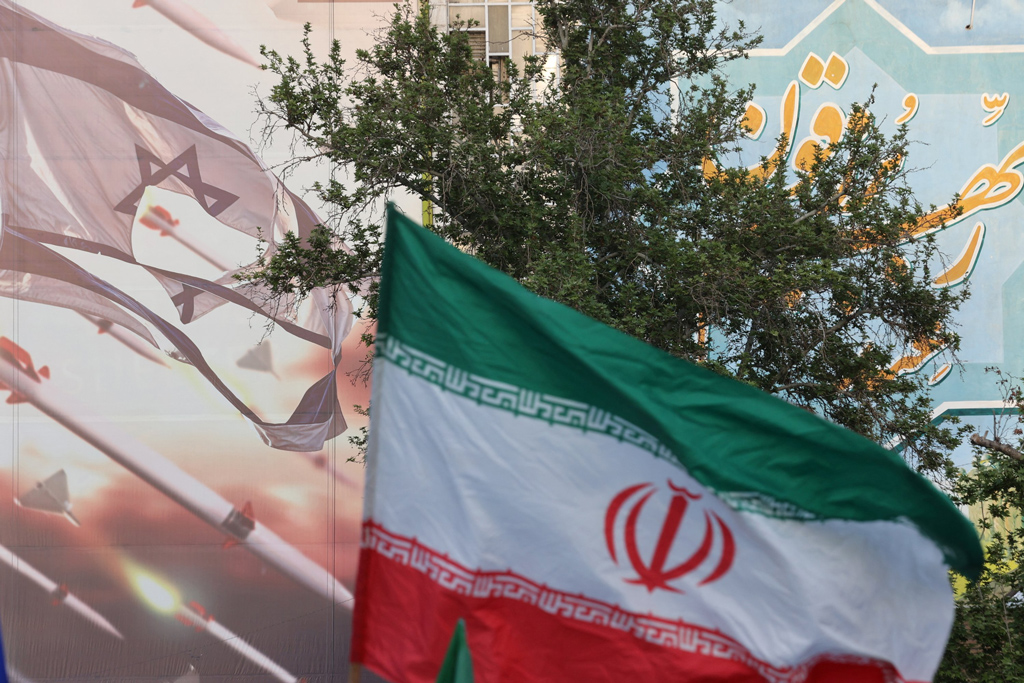
Middle East cannot be left in vortex of Iran-Israel tension
The direct confrontation between Iran and Israel remains under control – for now. Yet, it points to an emerging equilibrium in the region. There was already talk of escalating tensions in the Middle East around Gaza and Palestine in the wake of the Oct. 7 attack.
Share
The direct confrontation between Iran and Israel remains under control – for now. Yet, it points to an emerging equilibrium in the region. There was already talk of escalating tensions in the Middle East around Gaza and Palestine in the wake of the Oct. 7 attack.
Israeli Prime Minister Benjamin Netanyahu's massacres in Gaza reversed the normalization trend and dealt a heavy blow to Israel's international standing. Even the West's oft-criticized "unconditional support" could not stop the Western audiences from sympathizing with the Palestinians and criticizing Israel. As the two-state solution became the top item on the global agenda, some European nations, including Spain, inched closer to recognizing the State of Palestine.
It was under those conditions that Netanyahu carried out his country's April 1 attack in Damascus, which was intended to drag Iran into the ongoing war. It is possible to say that he got what he wanted in a certain way. Eager to maintain its reputation, deterrence and domestic support, the Iranian government conducted its first direct (albeit measured and previously flagged) attack against Israel. They will certainly take credit for successfully delivering their missiles to the Israeli airport, which was used in the Damascus attack, on the home front and across the region.
Tags »
Related Articles






